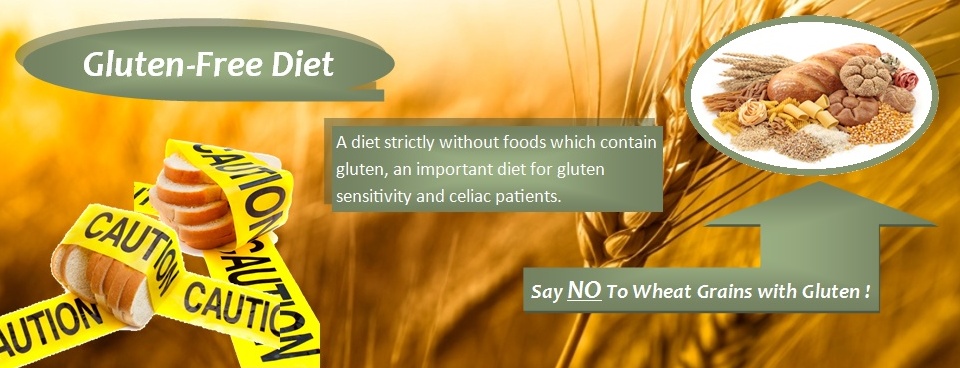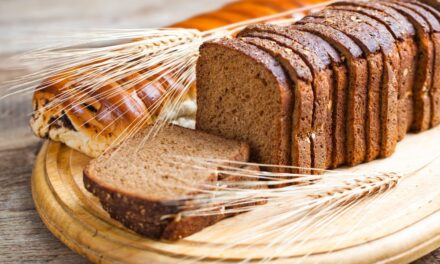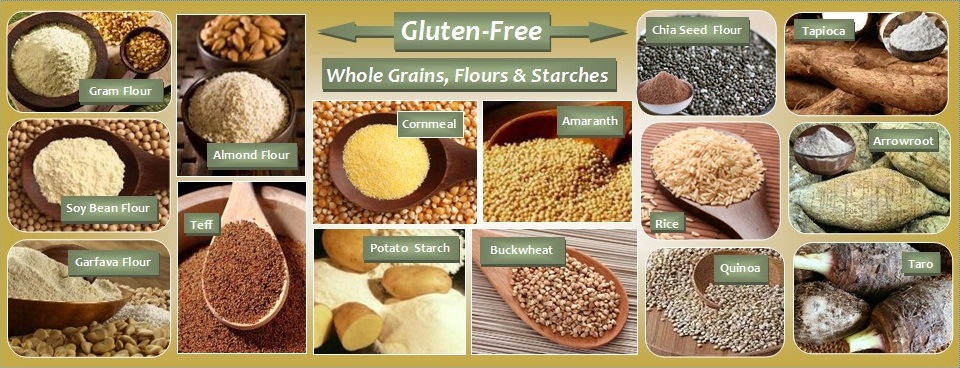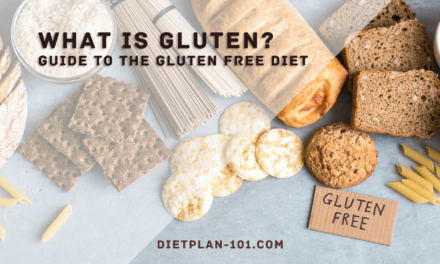
What is Gluten-Free Diet?
A gluten-free diet is a diet that strictly excludes foods that contain protein gluten or any trace of gluten. Gluten is a protein complex commonly found in all forms of wheat, among these are barley, rye, semolina, triticale, spelled, Durum wheat, etc.
[ads]
Who Needs Gluten-Free Diet?
A gluten-free diet is usually used as a diet treatment for people with gluten intolerance or celiac disease. Gluten, even in a very small amount, will cause inflammation in the small intestine of celiac patients. This will lead to malabsorption of nutrients if left untreated for a long time and subsequently lead to other serious health problems. By following a diet free of gluten, celiac patients will be able to control their signs and symptoms better, thus preventing complications. For people other than celiac patients, this diet has provided no benefits but health risks. The reason is that foods with gluten, mainly whole grains, contain lots of beneficial fiber, vitamins, and minerals. Omitting these foods from your diet means omitting great sources of nutrients from your diet.
[ads]
Supervision from Professional
Though going gluten-free can significantly improve your well-being if you have gluten intolerance or celiac disease, it is not a good idea to start a gluten-free lifestyle without the supervision of professionals. Switching to a gluten-free diet is a huge challenge as it involves a drastic change to your daily diet. You may not be able to eat healthy with a gluten-free diet if you’re lacking nutritional knowledge. You may have no idea where you should begin and what foods you should eat. Thus, without assistance from qualified professionals, this diet transition may pose many potential health risks.
[ads]
Get Yourself Examined and Tested before Attempting the Gluten-Free Diet
If you have shown various signs and symptoms of gluten intolerance, the first thing you should do is to see a specialist, preferably a gastroenterologist, immediately and get examined and tested for celiac disease. Do not attempt a gluten-free diet while undergoing celiac disease testing as continued consuming gluten foods is required during the test so as to obtain accurate results. If you have been diagnosed positive with celiac disease and are advised to go gluten-free, try to consult a qualified dietitian or nutritionist who can answer your queries as well as help you plan a healthy and balanced diet without gluten foods.




